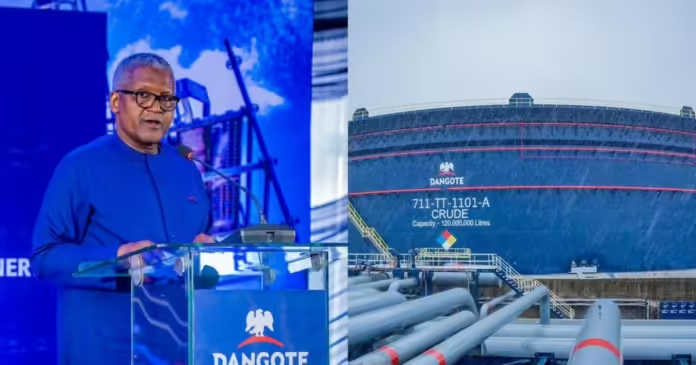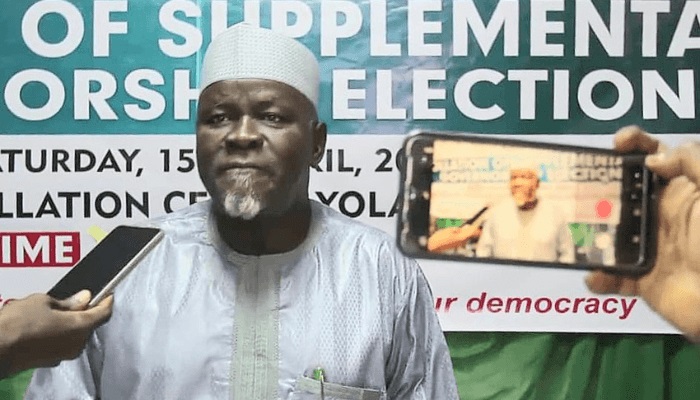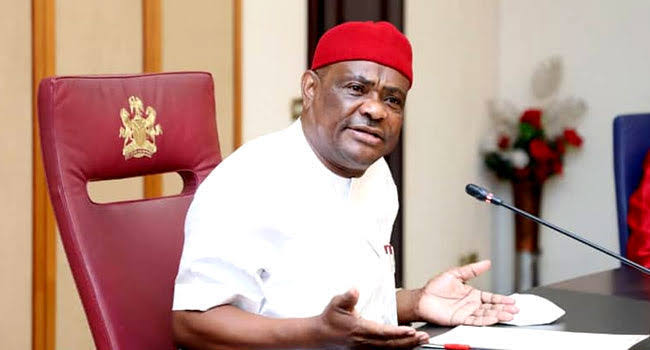LAGOS — Dangote Petroleum Refinery & Petrochemicals has further reduced the price of diesel to N1,020 per litre, down from N1,075, marking another significant drop aimed at easing economic pressure on Nigerians.
The latest reduction—amounting to N55 per litre—continues a trend that began in January 2024, when the refinery started diesel production at N1,700 per litre. Since then, prices have fallen multiple times, bringing relief to businesses and consumers grappling with high fuel costs.
Development Economist and Public Policy Analyst Ken Ife, speaking on Arise TV, revealed that Dangote Refinery had sacrificed over N10 billion to ensure stable petrol prices across Nigeria during the December festive period.
For decades, Nigeria’s petroleum pricing has relied on the equalisation fund, which compensates marketers for transporting fuel across the country to maintain uniform pricing. However, Ife disclosed that the fund currently owes marketers over N80 billion, leading to supply chain disruptions.
“What has actually happened is that the president has shifted the subsidy burden away from the public purse and onto the private sector,” Ife said.
He explained that during the Christmas season, when fuel shortages, hoarding, and price hikes typically worsen, Dangote Refinery stepped in to stabilize the market.
“They equalised the price themselves, at a cost of over N10 billion. In doing so, they effectively absorbed the subsidy,” he noted.
Nigeria’s Growing Petroleum Export Market
Beyond stabilizing local fuel prices, Ife said Dangote Refinery is transforming Nigeria’s petroleum sector by expanding its export potential.
“With major international players like BP and Saudi Aramco purchasing refined products from Nigeria, the country is rapidly becoming a key player in the global petroleum market,” he said.
He added that Nigeria is shifting away from its historic dependence on Premium Motor Spirit (PMS) and diversifying into a broader range of petroleum-based exports.
“With the right policies and infrastructure, Nigeria is on the path to self-sufficiency in petroleum products while simultaneously positioning itself as an energy export powerhouse,” Ife concluded.




